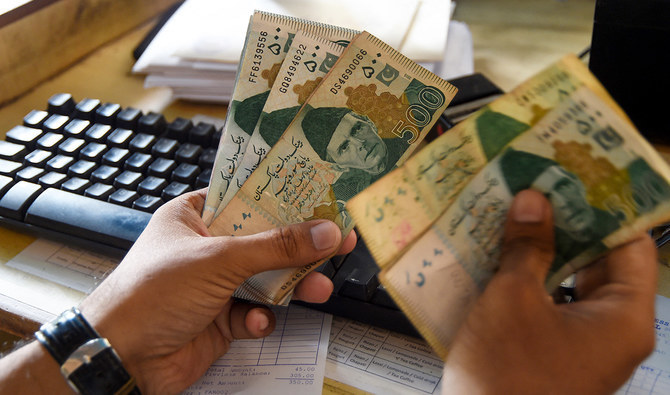Pakistan has been attracting international investors in the past few years, with Foreign Direct Investment (FDI) serving as a vital component of economic growth in the country. Notwithstanding several challenges, Pakistan’s geo-strategic location, vast natural resources, and expanding consumer market render it an inviting place for foreign investors.
Why Pakistan is Attractive for FDI
- Strategic Location: The position of Pakistan at the intersection of South Asia, Central Asia, and the Middle East provides it with a strategic position for trade and investment.
- Natural Resource Abundance: Pakistan is endowed with natural resources, such as coal, copper, gold, and iron ore, which remain to be explored and developed fully.
- Increasing Consumer Market: Pakistan possesses a huge and expanding consumer market, comprised of more than 220 million people with an expanding middle class.
- Economic Reforms: The government has undertaken a number of economic reforms to draw FDI, including liberalization of the investment climate, simplifying procedures, and providing incentives.
Key Sectors Attracting FDI
- Energy and Power Sector: The energy sector of Pakistan is a key draw for FDI, with investment opportunities in the generation, transmission, and distribution of power.
- Infrastructure Development: Pakistan’s infrastructure development initiatives, such as the China-Pakistan Economic Corridor (CPEC), are potential sources of FDI in construction, transportation, and logistics.
- Agriculture and Food Processing: The agriculture sector of Pakistan contributes heavily to Pakistan’s GDP, and FDI in food processing and agriculture can drive productivity and exports.
- Information Technology: The IT industry of Pakistan is developing fast, and FDI opportunities exist in software development, outsourcing in IT, and e-commerce.
Government Initiatives
- Investment-Friendly Policies: Investment-friendly policies have been introduced by the government to encourage FDI, such as tax benefits, free importation, and safeguarding intellectual property rights.
- Board of Investment: The Board of Investment (BOI) makes efforts to promote and facilitate investment in Pakistan, offering a one-stop shop for investors.
- Special Economic Zones: Special economic zones (SEZs) have been created by the government to draw in FDI, with benefits and facilities for investors.
Challenges
- Security Issues: Pakistan’s security environment has been a cause of concern for foreign investors, with terror strikes and issues related to law and order impacting business confidence.
- Regulatory Environment: Pakistan’s regulatory environment may be Byzantine and bureaucratic, which poses challenges for foreign investors in dealing with it.
- Infrastructure Shortages: Pakistan’s infrastructure shortages, such as power outages and poor transportation networks, can escalate the cost of doing business.
Success Stories
- CPEC: The CPEC project has been Pakistan’s biggest success story so far, bringing in huge FDI and infrastructure investment.
- Automotive Sector: Pakistan’s automotive industry has received huge FDI, with international giants establishing manufacturing units within the country.
- Telecommunications: Pakistan’s telecommunication industry has also received huge FDI, with international giants investing in the country’s telecommunication infrastructure.
Future Outlook
- Increasing Interest: Increasing interest from international investors in the economy of Pakistan, with FDI flowing into the country in the last few years.
- Diversification of Inflows: Pakistan must diversify its FDI inflows by attracting investment from more countries as well as sectors.
- Infrastructural Development: Pakistan must focus on infrastructural development, such as the generation of power, transport networks, and logistics, to fuel FDI and economic development.
Recommendations
- Improve Business Environment: Pakistan must enhance its business environment by making regulatory processes simpler and lowering bureaucratic barriers.
- Increase Transparency: Pakistan must make its investment policies and procedures more transparent, having clear and consistent information accessible to investors.
- Enhance Investor Protection: Pakistan must strengthen investor protection, such as safeguarding intellectual property rights and effective mechanisms of dispute resolution.
Conclusion
Pakistan provides various opportunities for foreign investment, with its geographical location, natural wealth, and expanding consumer market making it a haven for FDI. There are the limitations to be overhauled, yet the pro-investment policies of the government and development efforts have managed to lure noteworthy FDI over the past few years. Through sustained efforts to enhance the business environment and infrastructure, Pakistan can consolidate its position as a leading destination for FDI in South Asia. By tapping FDI, Pakistan can speed up its economic growth, generate employment, and enhance the standard of living of its people.




